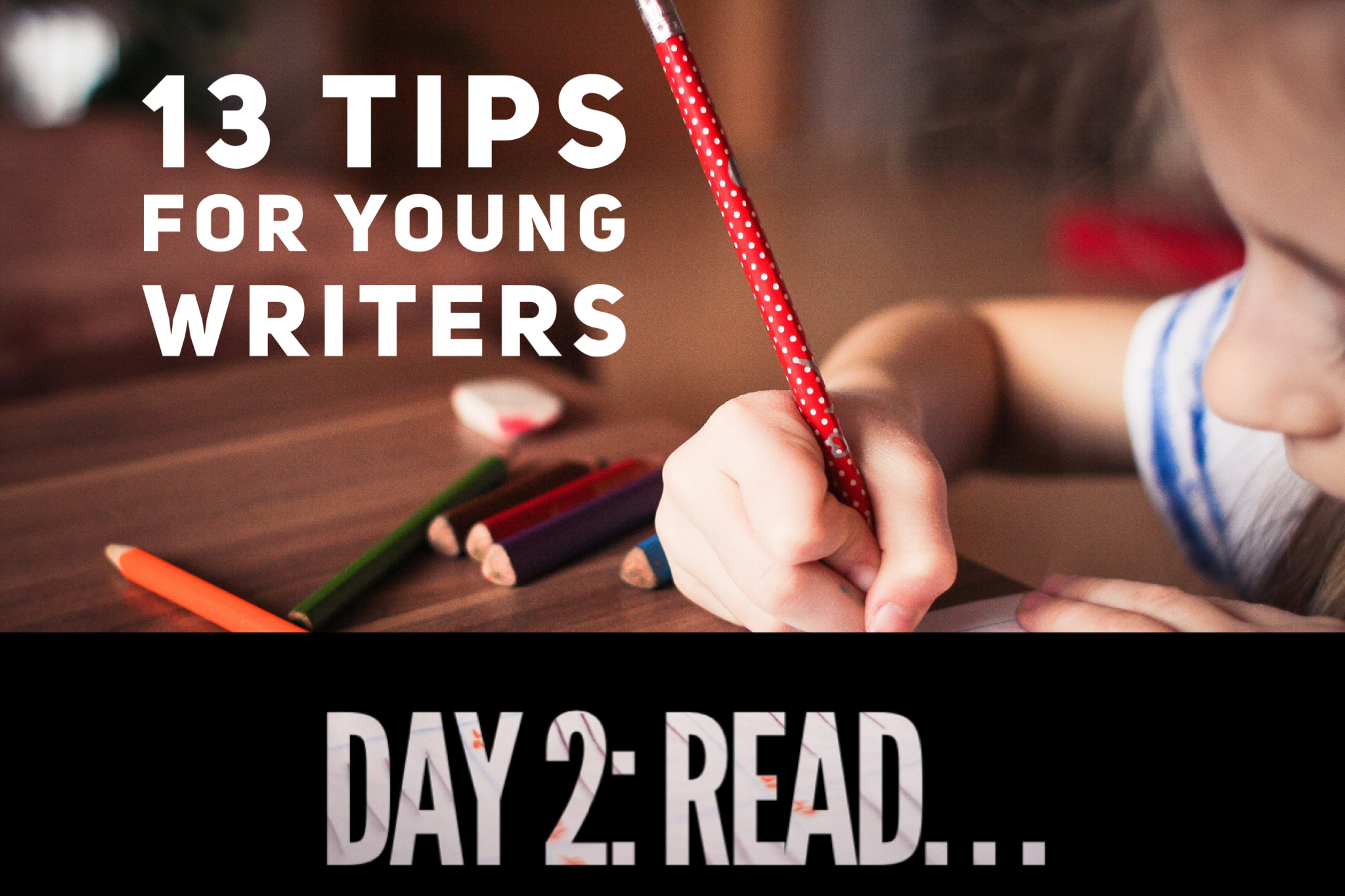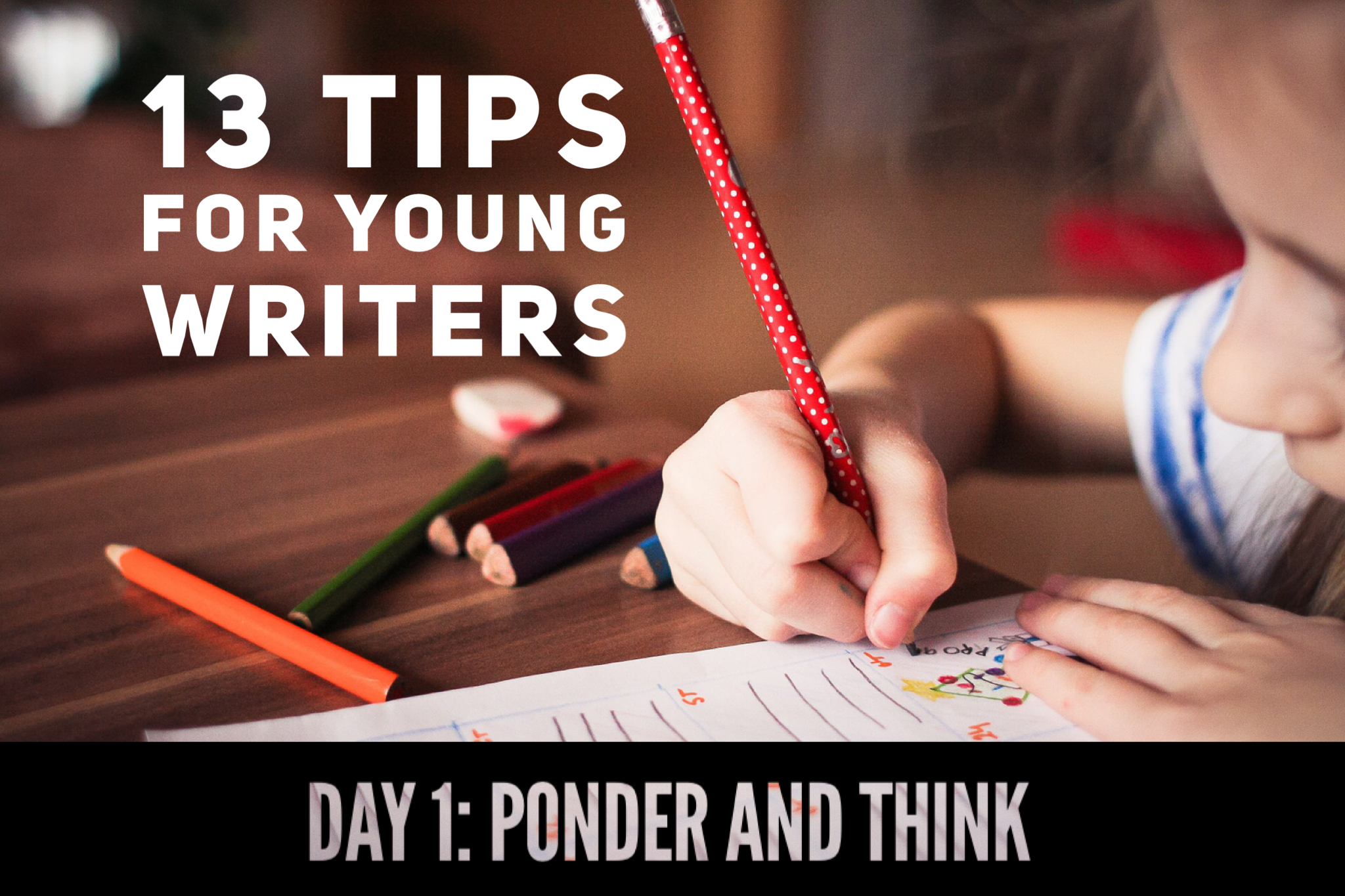The Importance of Books and Reading for Kids
By Hannah Chaney
There’s no question that children are using technology more than ever before these days. Devices such as the TV, computers, video games, websites such as Youtube, and trendy apps like Tick-Tock can take up unhealthy amounts of their time and life. Children need to be raised informed rather than just entertained. They need to do things that will help them grow and develop in all the right ways to better themselves and their futures.
Thankfully, books are a healthy antidote to too much screen time. Reading gets your kids having fun and progressing at the same time.
I think Dr. Seuss said it best, “The more that you read, the more things you will know. The more that you learn, the more places you’ll go.” Reading is important because it puts your brain to work. It is to the mind what exercise is to the body. Just like going on a jog exercises your cardiovascular system, reading improves memory function by giving your brain a good workout. Reading will open up your children to discover the expanse of space, time, history, and offer deeper views of ideas, concepts, emotions, and knowledge. It will expand their vocabulary, grammar, and writing skills. Kids who read build up skills that help them excel inside and outside the classroom. According to the University of California, Berkley, children’s books expose kids to 50 percent more words than prime time TV. The new vocab they learn not only helps them score higher on reading tests, but also on general tests of intelligence.1
Unfortunately, we’re seeing focus loss as a huge problem with the younger generations. Everything is at their fingertips these days, and so as a result, they don’t want to take the time and energy it takes to work for anything. Reading requires patience, diligence, and determination—and that’s exactly why we need these youngsters to peruse the pages of a good book. They need the improvement of their brain’s connectivity, which increases attention spans, focus, and concentration.
Reading uses and enhances their imagination! Instead of having a TV show do all the imagination for viewers, kids get to create their own imagery for the content they’re consuming. Reading fiction was found to improve the reader’s imagination in a way that is similar to muscle memory in sports. It’s more fun because they’re in control! 2
Reading helps with independence and confidence. Children with strong autonomy skills are able to make choices for themselves, are sure of themselves as individuals, and feel comfortable letting their preferences be known. When they learn and grow, they’ll feel they have some sort of grasp on their life. Kids who sit around watching TV passively, for example, might feel unproductive and unsatisfied with their lives, resulting in insecurity and dependence on others. 3
Books are important for so many reasons! Open one up today with your child and as they flip through the pages, know that their minds are becoming smart, confident, creative, well-able, well-functioning successes!
















